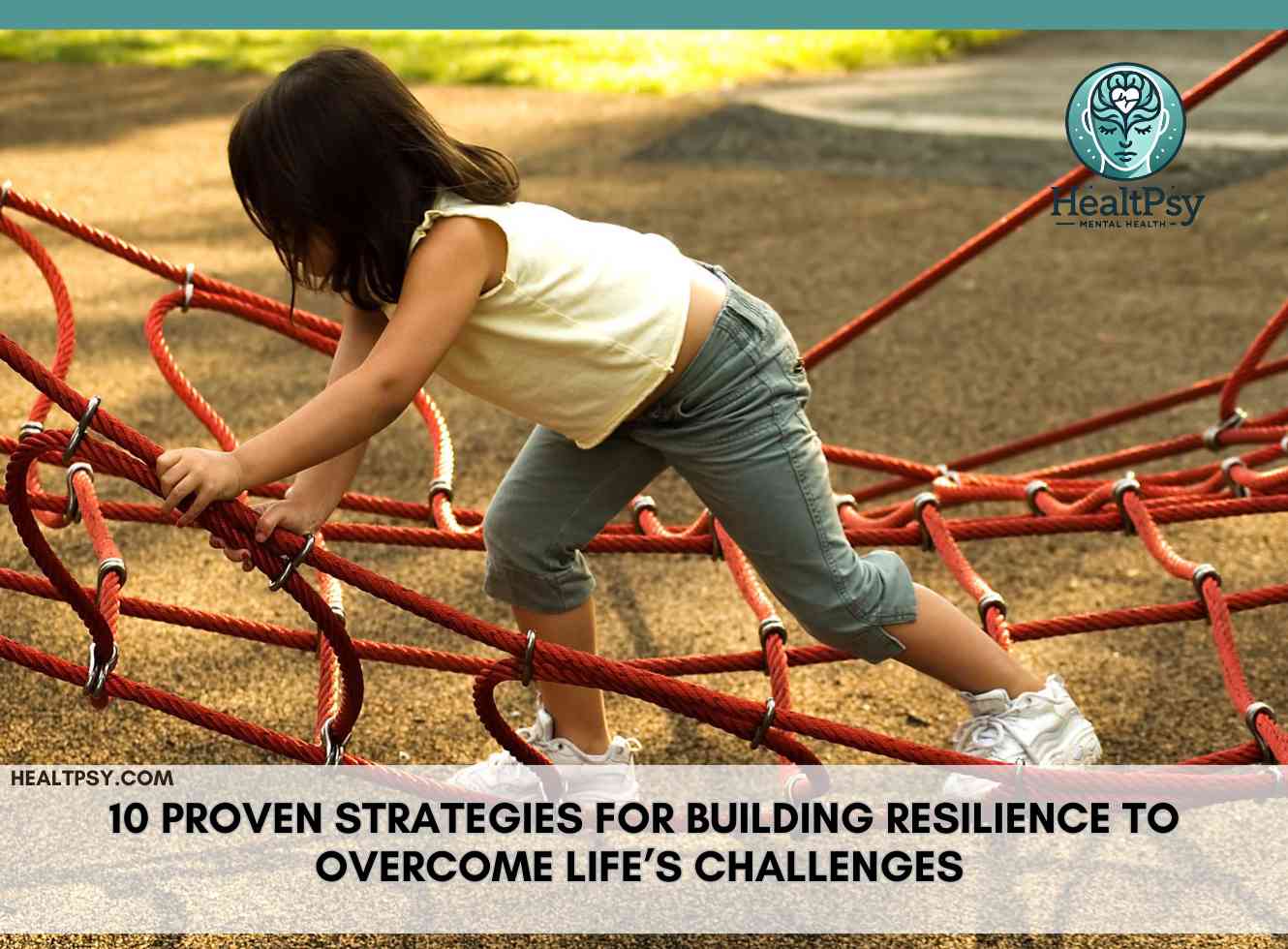The Importance of Social Support in Treating Psychological Disorders
Building a Strong Support System
Creating and maintaining a robust support system is essential for individuals facing psychological challenges. Here are practical steps to build such a network:
1. Strengthen Family Bonds
Family members are often the primary source of support. Open communication and shared activities can strengthen these bonds.
2. Cultivate Friendships
Maintaining close friendships provides a reliable source of emotional and practical support. Friends can offer an outside perspective and companionship during difficult times.
3. Join Support Groups
Support groups connect individuals with others facing similar challenges. Sharing experiences in a safe and understanding environment fosters mutual support and reduces feelings of isolation.
4. Seek Professional Help
Psychologists, counselors, and social workers can provide professional guidance and help individuals navigate their mental health journey.
5. Engage in Community Activities
Participating in community events or volunteering can create opportunities to build new relationships and strengthen social connections.
Barriers to Social Support
Despite its importance, several barriers can hinder access to social support, including:
- Stigma: Fear of judgment may prevent individuals from seeking help.
- Geographical Isolation: Living in remote areas can limit access to support networks.
- Poor Communication Skills: Difficulty expressing emotions or asking for help may impede building connections.
- Cultural Factors: Cultural norms may discourage seeking external support.
Addressing these barriers is essential to ensure individuals can access the support they need.
The Role of Technology in Providing Social Support
In the digital age, technology has emerged as a powerful tool for fostering social support. Online communities, teletherapy, and mental health apps provide accessible options for individuals seeking assistance. Virtual platforms enable people to connect with others worldwide, share experiences, and access professional help from the comfort of their homes.
Practical Tips for Offering Social Support
If someone in your life is struggling with a psychological disorder, here are ways you can help:
- Listen Actively: Offer a nonjudgmental ear to their concerns.
- Show Empathy: Validate their feelings and experiences.
- Provide Practical Help: Assist with daily tasks or accompany them to appointments.
- Encourage Professional Help: Gently suggest seeking therapy or counseling if needed.
- Be Patient: Recovery takes time, and your ongoing support is invaluable.
Conclusion
Social support is a vital component in the treatment of psychological disorders, playing a critical role in reducing symptoms, enhancing recovery, and improving overall mental health. By fostering meaningful connections and addressing barriers to support, individuals can create a foundation for resilience and well-being. Whether through family, friends, or community resources, the power of social support cannot be overstated.
Resources
you might also like





